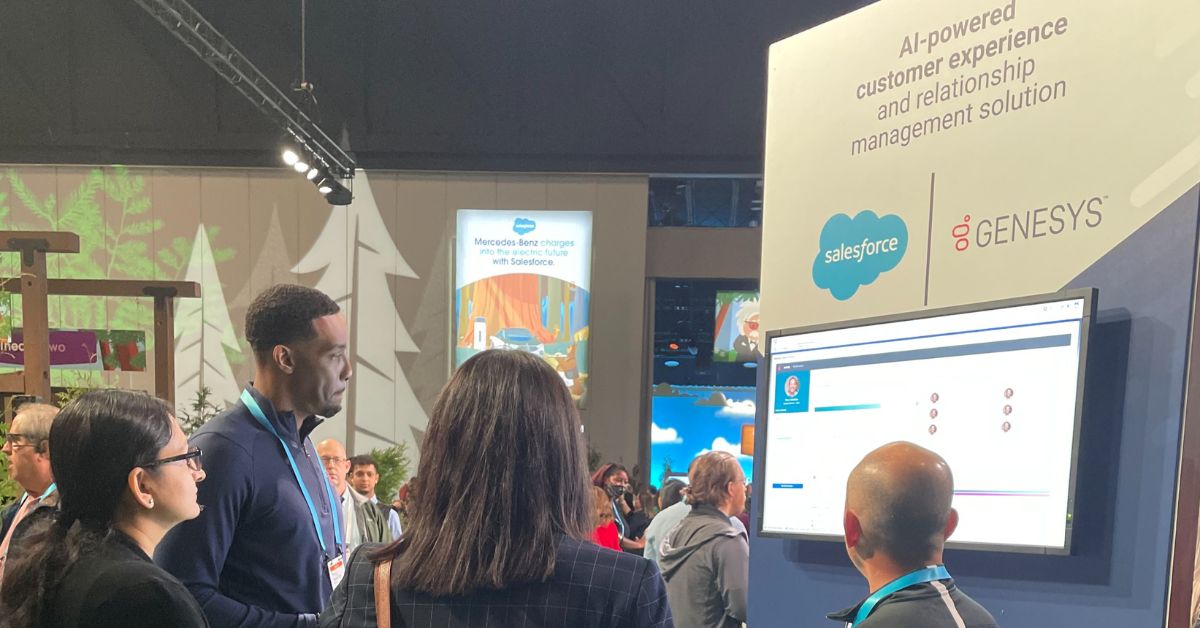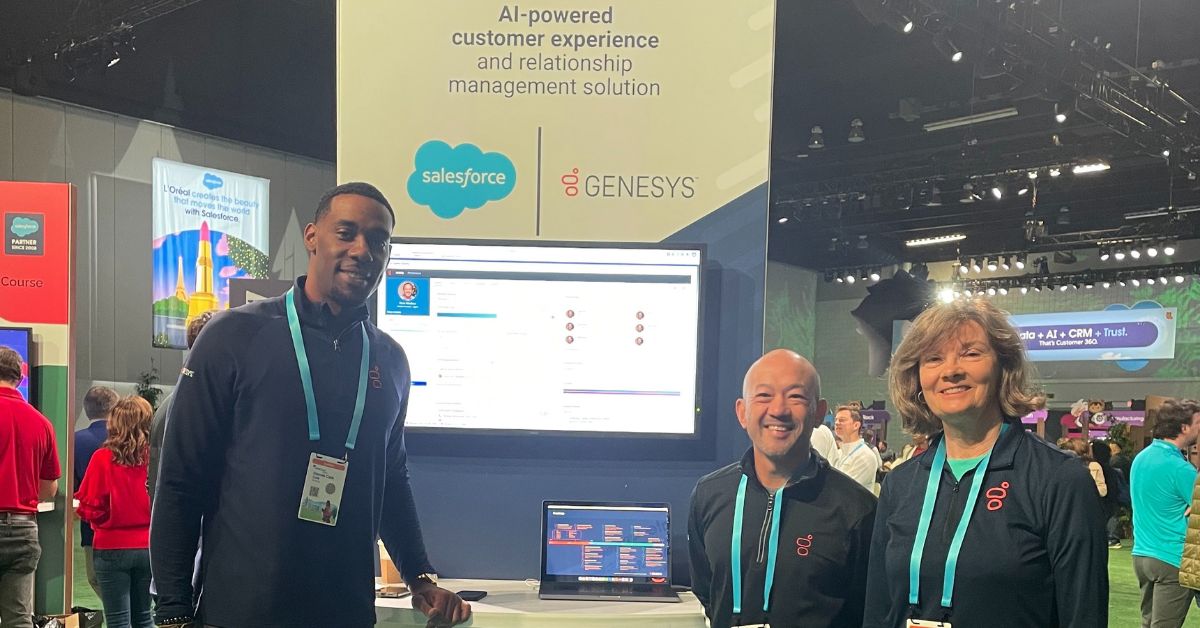DUBAI, UAE — In an era where technological innovations drive business evolution, the role of Artificial Intelligence (AI) has become pivotal for businesses globally. The GCC region is no exception, with companies leveraging AI to enhance customer experiences, streamline operations, and stay competitive in the dynamic marketplace.
The role of AI in GCC businesses
AI is revolutionizing the tools and solutions available to businesses, offering a spectrum of capabilities from conversational and predictive to generative AI. Genesys, in particular, has amalgamated these disciplines into a unified platform, aiming to redefine customer and employee experiences.
Paolo Mariottini, VP of Sales for South Europe, the Middle East, and Africa at Genesys, emphasizes how AI is a valuable tool, empowering businesses in the GCC to enhance customer satisfaction, foster loyalty, and simplify enterprise solutions. AI is driving operational efficiency and reshaping customer experience (CX) strategies for optimal effectiveness.
Genesys recognizes the diversity of the GCC region, considering both cultural nuances and the specific requirements of local businesses. The Genesys Cloud AI Experience is designed to comply with local legislation and policies, seamlessly integrating conversational AI, knowledge, agent assistance, predictive routing, and predictive engagement. This integrated AI solution allows organizations to navigate the bespoke needs of every customer, eliminating the friction of isolated systems. As businesses in the GCC continue to adopt AI, Genesys ensures alignment with regional standards, presenting solutions that cater to the unique characteristics of the Middle Eastern market.
Challenges and trends in the GCC’s AI landscape
The GCC is witnessing a surge in AI adoption, driven by ambitious visions such as Saudi Arabia’s 2030 plan and Dubai’s Industrial Strategy 2030. However, this shift to the cloud comes with challenges, including cybersecurity threats and regulatory restrictions. With the GCC region becoming a focal point for cloud migration, Genesys anticipates a greater emphasis on security and compliance.
Recent announcements and innovations in the GCC
Mariottini told TRENDS that Genesys marked significant milestones in 2023, reinforcing its position as a leader in the Customer Experience (CX) industry. Notable offerings include GCXNow™, Genesys Cloud EX™, The Experience Index™ methodology, and the CX Cloud from Genesys and Salesforce. These innovations reflect Genesys’ commitment to providing cutting-edge solutions for business resilience, data protection, and localization expertise. The introduction of the Genesys Cloud Region in the UAE further underscores the company’s dedication to the Middle East, offering local businesses secure cloud solutions tailored to the region’s regulatory landscape.
Differentiating factors in the competitive landscape
Continuous innovation sets Genesys apart in the competitive landscape. Integrating AI, machine learning, and IoT capabilities positions Genesys as a frontrunner in delivering innovative experiences across industries.
Collaborations with Amazon Web Services (AWS) and Salesforce exemplify Genesys’ commitment to driving digital transformations and cloud customer experiences. These strategic partnerships leverage the synergies of technologies, touchpoints, and channels, providing exceptional self-service and human-assisted experiences across voice and digital channels.
Challenges and profits
While adopting AI brings immense potential, it also introduces challenges and risks for businesses in the GCC. A significant challenge is navigating the complex regulatory landscape and ensuring compliance with local legislation and policies. The dynamic nature of cybersecurity threats poses a considerable risk, especially with the increasing reliance on cloud technologies.
Just as companies are allocating financial resources to develop their business areas and increase their investment returns, they have also begun to invest in adopting artificial intelligence solutions in their business. A recent study conducted by Microsoft showed that for every dollar companies invest in adopting AI solutions, they earn an average return of $3.50. This statistic confirms the feasibility of investing in this technology.

This result came after IDC Research, commissioned by Microsoft, conducted a global study surveying over 2,000 business leaders responsible for artificial intelligence in their organizations. The study also revealed that 5 percent of organizations worldwide earn an average of $8 for every dollar they invest in artificial intelligence. It noted that the advent of generative artificial intelligence is expected to boost this return further.
A previous Deloitte study indicated that the most significant gains for companies adopting artificial intelligence technologies and solutions are in five key areas: increasing productivity, enhancing customer satisfaction, improving employee engagement, boosting profitability, and introducing new products and services.
Investments in AI
Despite a global slowdown in venture capital investments, artificial intelligence companies have continued to attract significant funding, raising $50 billion in venture capital this year. This figure represents more than a 70 percent increase over five years, compared to $45 billion in investments last year.
However, it is still lower than the record $78.5 billion received by the sector in 2021. Funding for AI startups is increasingly shifting from early-stage to more mature companies, reflecting the vast potential of artificial intelligence across various sectors, including healthcare, finance, manufacturing, and logistics services.
Experts believe that with venture capital funds injecting billions into AI startups, the industry is poised for further growth in the coming years.
The global AI industry’s value has doubled in three years, reaching $240 billion, with a user base of a quarter of a billion people worldwide.
Listed companies investing in the sector have seen a significant surge in their share prices, with the Nasdaq index increasing by over 40 percent since the start of the year. This rise is supported by the excitement surrounding generative artificial intelligence and startups like OpenAI.

